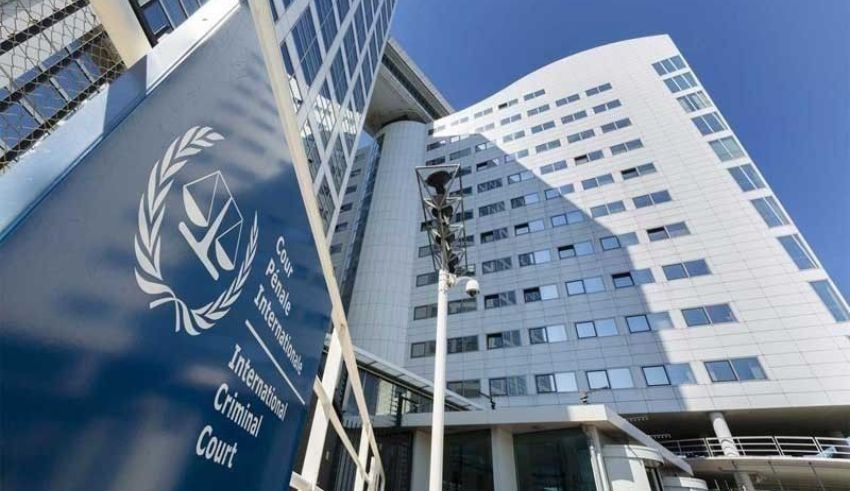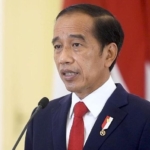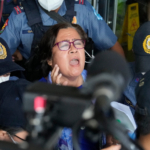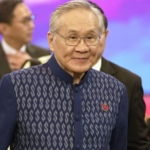
The International Criminal Court (ICC) is set to deliver its verdict next week on the Philippine government’s appeal to stop an investigation into its controversial war on drugs. The outcome of this ruling will have significant implications for both the government and the people of the Philippines, who have long awaited justice and accountability for the human rights violations committed during this campaign.
The Philippine government, led by President Rodrigo Duterte, launched the war on drugs in 2016 with the aim of eradicating the drug trade within the country. However, the campaign quickly drew international attention and criticism due to its heavy-handed approach and alleged extrajudicial killings. Human rights organizations and advocates have accused the government of targeting and killing suspected drug users and low-level dealers without due process, thereby violating their fundamental rights.
The government’s appeal to halt the ICC investigation raises serious concerns about its commitment to upholding human rights and ensuring justice for the victims and their families. By attempting to block an independent investigation, the government risks undermining the credibility of the ICC and further perpetuating a culture of impunity.
Throughout the war on drugs, thousands of lives have been lost, leaving families shattered and communities in despair. Reports have emerged of alleged police abuses, forced disappearances, and the planting of evidence. The impact of these actions has been particularly devastating for marginalized communities, where poverty and limited access to legal representation exacerbate their vulnerability.
Furthermore, the government’s tactics have fostered an environment of fear and intimidation, stifling dissent and discouraging individuals from speaking out against human rights abuses. Human rights defenders, journalists, and activists who have raised their voices against the war on drugs have faced threats, harassment, and even violent attacks.
The ICC’s investigation into the Philippine government’s war on drugs is crucial to providing a platform for accountability and justice. It represents an opportunity for the voices of victims and their families to be heard and for the truth to be uncovered. A successful investigation would send a powerful message that no one is above the law and that governments must be held accountable for their actions, even in the face of immense power.
The international community has closely watched developments in the Philippines, with several countries expressing concern over the government’s handling of the war on drugs. These nations have called for a fair and impartial investigation, highlighting the importance of respecting human rights and the rule of law.
Keep Reading
The forthcoming ICC verdict carries significant weight only for the Philippines but also for the global fight against human rights abuses. It will determine whether the ICC has the authority to hold governments accountable for crimes committed within their jurisdiction, even when those governments refuse to cooperate.
Regardless of the outcome, the ICC’s decision will undoubtedly shape the future of the war on drugs in the Philippines and set a precedent for similar cases worldwide. It is imperative that the court’s decision prioritizes justice, truth, and the rights of the victims, ensuring that those responsible for human rights violations are held accountable.
The people of the Philippines, who have endured the tragic consequences of the war on drugs, deserve nothing less than a thorough and impartial investigation that brings closure and paves the way for a more just and compassionate society. The ICC’s verdict will serve as a milestone in the pursuit of justice and the protection of human rights, reminding the world of its collective responsibility to safeguard the dignity and well-being of all individuals, irrespective of their circumstances.



























